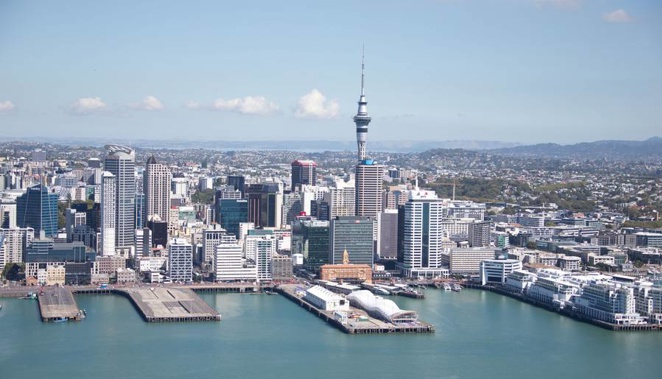
The cost of living in New Zealand's big cities has fallen dramatically in latest world rankings but mostly because their international counterparts have become so much more expensive.
Auckland, New Zealand's most expensive city to live in, fell 20 places from last year's survey to 81st, while Wellington (101st) dropped 15 places.
Mercer's annual Cost of Living Survey measured the comparative cost of more than 200 items including; housing, transportation, food, clothing and entertainment, for expatriates across 209 cities around the world.
Karla Costa, Mercer's global mobility leader for Pacific, said the rankings mean New Zealand could become a rich breeding ground for talent for multi-national companies.
"With six of the top 10 most expensive cities in Asia - Australian and New Zealand cities are looking far more attractive for businesses to send employees on international assignments, particularly those doing business in the Asia Pacific region," Costa said.
Australian cities also fell down the rankings with Sydney (29th), Melbourne (58th), Perth (61st) and Brisbane (84th) falling from 24, 46, 50 and 13 places in 2018 respectively.
However, the drop in the rankings wasn't necessarily a result of cost of living becoming cheaper in New Zealand, but primarily due to the movement of other cities.
Hong Kong passed Luanda to take the top spot as the world's most expensive city for expatriates – moving up one place from 2017.
Tokyo, Zurich, Singapore and Seoul rounded out the top five.
Six of the top 10 most expensive cities were in Asia, with Shanghai placing seventh and Beijing ninth.
Yvonne Traber, global mobility product solutions leader at Mercer, said the rise in Asian cities up the rankings was a result of stronger Chinese monetary regulation and a push to have the Yuan as an international currency.
"Stronger Chinese monetary regulation, a flourishing economy and a push to have the Chinese Yuan as an international currency pushed Chinese cities up in the ranking," Traber said.
Tashkent, in Uzbekistan, ranked as the least expensive city to live in.
Overall, Western European cities all rose in the rankings, in particular German cities, which experienced some of this year's biggest surges.
Frankfurt (68th) and Berlin (71st) both jumped 49 spots while Munich climbed 41 places to 57th.
Other cities that jumped in the rankings included Paris (34th), up 28 places, Rome (46th), up 34 spots, Madrid (64th) and Vienna (39th), up 47 and 39 places respectively.
Mercer's Cost of Living Survey is designed to help multinational companies and governments determine compensation strategies for their expatriate employees.
Ilya Bonic, president of Mercer's career business, said advances in technology and the growing importance of a globally connected workforce have meant deploying talent remains a key component of a multinational's business strategy.
"With technology advances and the importance of a globally connected workforce, deploying talent remains a key component of a multinational's business strategy.
"While a mobile workforce allows organisations to achieve greater efficiency, utilise top talent, and be cost effective with international projects, volatile markets and slowing economic growth in many parts of the world require them to carefully assess expatriate remuneration packages.
"Aligning workforce and mobility strategies by ensuring the right employees are in the right place is more critical than ever for multinationals as they focus on new global business models.
"And, properly compensating employees on international assignments is as important as it can be costly," Bonic said.
Take your Radio, Podcasts and Music with you









